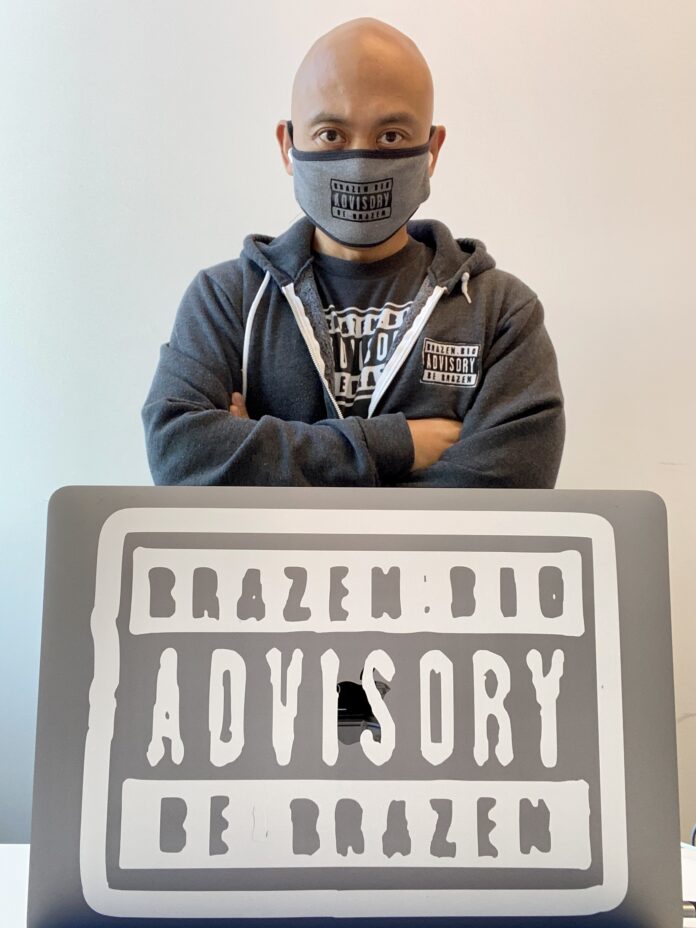Two new programs were announced in recent weeks — an accelerator at UCLA Health and an incubator within the Torrance-based Lundquist Institute for Biomedical Innovation — both aiming to boost prospects for local bioscience companies.
Westwood-based UCLA Health, in partnership with Culver City-based BioscienceLA and UCLA Biodesign announced Feb. 15 the launch of a new accelerator with a program combining health equity and technology. The UCLA Health TechQuity Accelerator will seek to combine clinical excellence and innovation for diverse patient populations, part of an effort to support long-term community health resilience as the Covid-19 pandemic appears to be receding.
TechQuity is inviting early stage startups to apply to its first cohort, which is set to launch on May 1. The four-month program will provide founders with personalized mentorship, access to clinical expertise and product development support. It will culminate in a final pitch showcase featuring UCLA Health leaders and community stakeholders. TechQuity plans to draw upon the tech ecosystem in Los Angeles County, including its talent pool, assets and infrastructure.
“Through technology-driven innovation, we’re targeting four thematic areas — prevention, diagnosis, treatment and community impact — and although this effort began in response to Covid-19’s impact on under-resourced communities, we’re building it to be sustainable, to provide better health security beyond the pandemic,” Jennifer McCaney, executive director of UCLA Biodesign and assistant director of the UCLA Clinical and Translational Science Institute, said in the announcement.
The incubator within the Lundquist Institute quietly launched last May under a new company called Brazen Bio Inc., which is also located within the institute. According to Brazen Bio co-founder and Chief Executive Shawn Carbonell, the incubator is devoted exclusively to cultivating the creative energy and business acumen of bioscience company founders.
“It’s all about the company founder and the rise of the science CEO,” Carbonell said in an interview. “So many biotech companies are currently headed by venture capital (executives) and giant lab companies. It’s time to focus on the founders,” he said.
The most unique feature of Brazen Bio’s incubator is rental living accommodations for the founders. Carbonell and Brazen Bio have rented a four-bedroom home in Redondo Beach where all of the founders in the incubator cohort are offered co-living arrangements. Carbonell, a neuroscientist who started a small pharmaceutical company, said he had been in a co-living situation earlier in his career and found it valuable.
The first cohort, which graduated last fall, had four companies and six founders. Carbonell said only the founders of two of the companies lived in the rental home for the duration of the 10-week incubator course; the other founders chose to remain in their own accommodations. But all six of the founders frequently gathered for seminars and other programs at the home.
The second incubator cohort is set to begin in June, Carbonell said.

